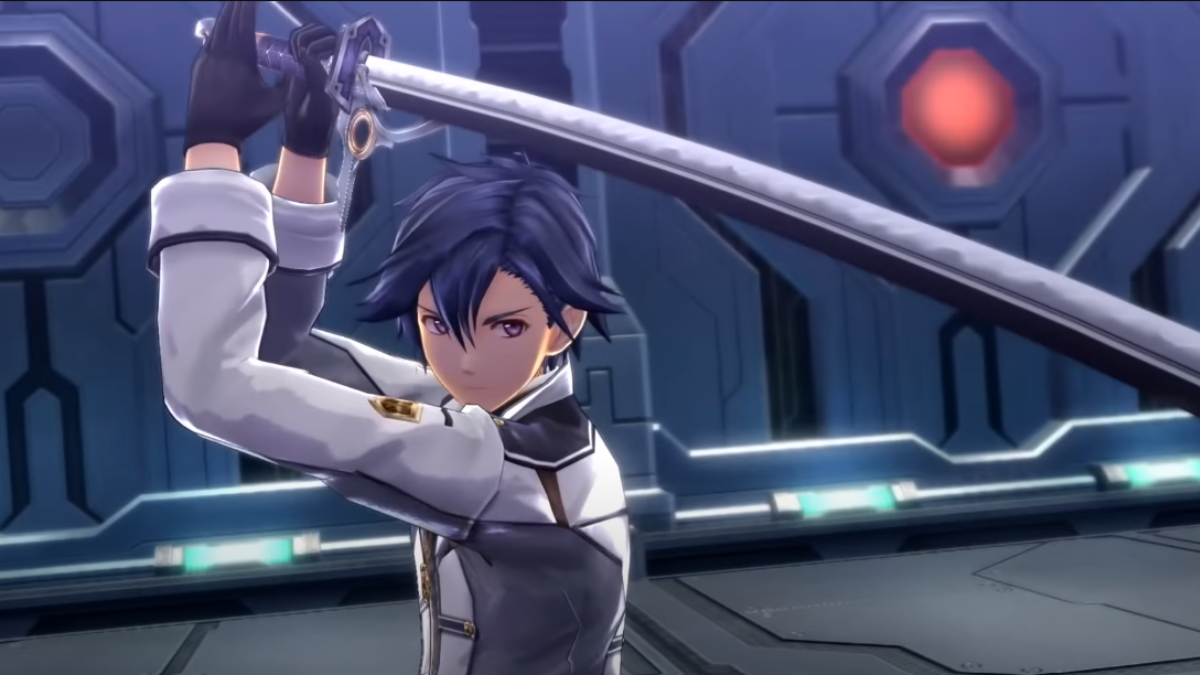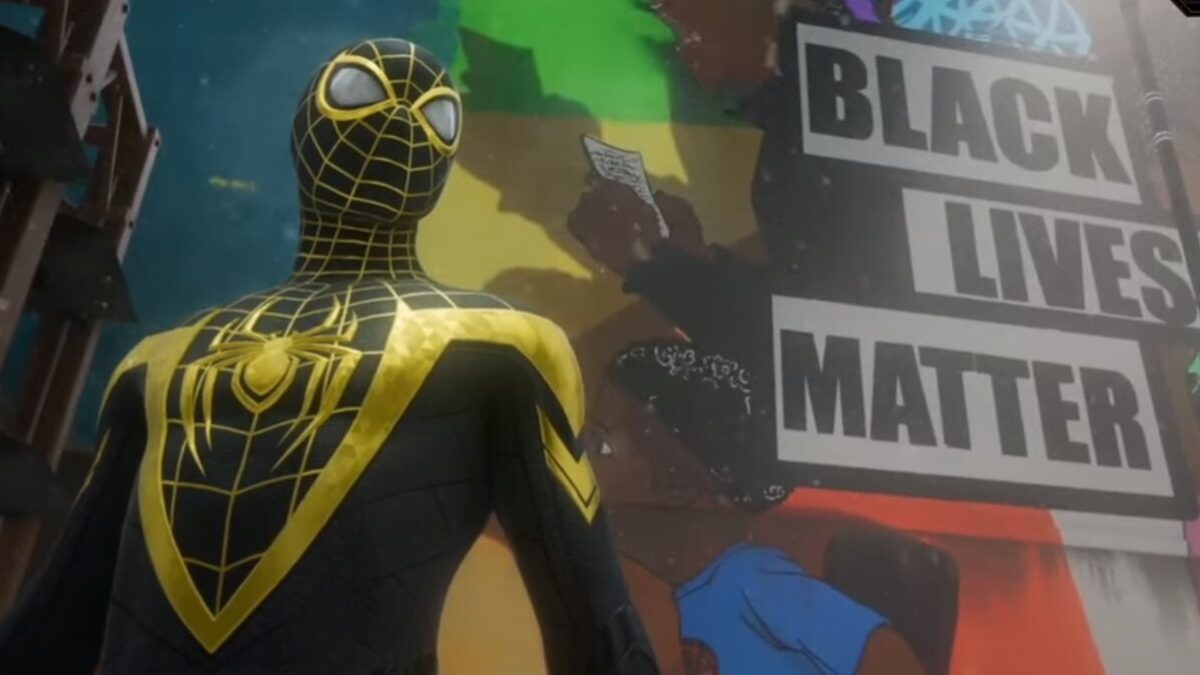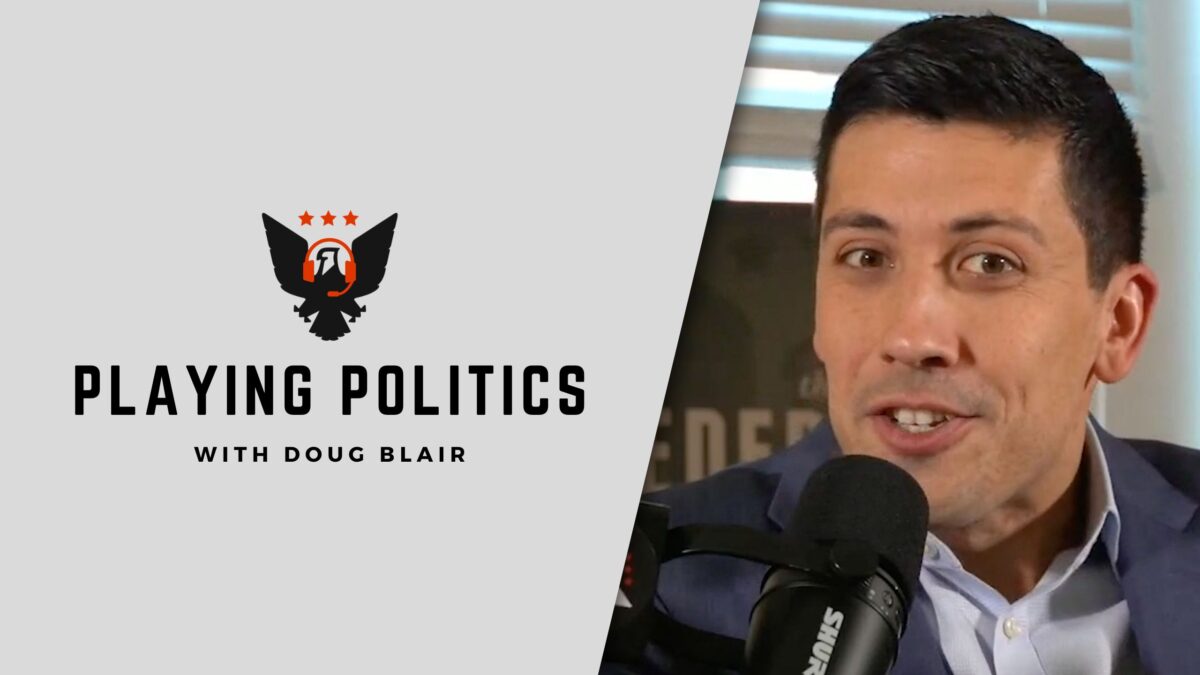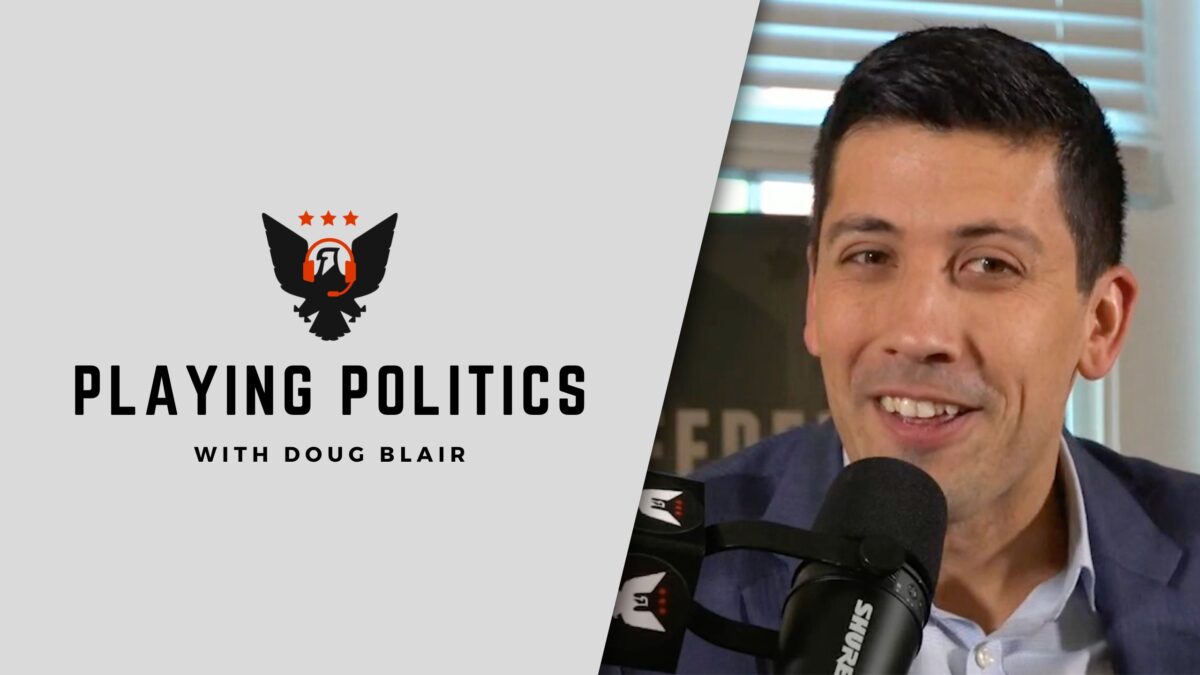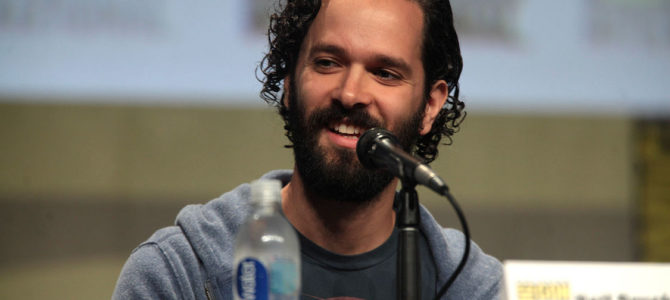
Last week, HBO announced it is developing a new dramatic series based on the hit video game “The Last of Us.” Its writer and director, Neil Druckmann, will be teaming up with Craig Mazin, creator of the acclaimed miniseries “Chernobyl.” The series might finally bring Druckmann broader recognition as a preeminent artist and storyteller — and not just for video games.
For those unfamiliar with Druckmann and his work, it will suffice to say that “The Last of Us” is not merely one of the highest-rated and best-selling video games ever made; it is perhaps the best post-apocalypse story in any medium, at a time when the entertainment industry is saturated by the genre.
Released in 2013 to critical acclaim, “The Last of Us” tells the story of Joel, a hardened smuggler in a world ravaged by a deadly pandemic, and Ellie, a teenage girl who might be the key to a cure. But this is no ordinary post-apocalypse zombie tale. It is not primarily concerned with exploring the fragility of civilization or depicting what would happen if society collapsed, nor is the gameplay itself a combat-driven gorefest.
Without giving too much away, what makes “The Last of Us” so compelling is the emotional depth of the story, with its slow-burning exploration of fatherhood, familial love, heartbreaking loss, and redemption. It’s the kind of story that appeals to parents, and particularly fathers. Druckmann became a father himself during the game’s development, and has said that the birth of his daughter was a major source of inspiration for the story.
In late 2016, Sony announced a long-awaited sequel, “The Last of Us Part II,” directed by Druckmann and co-written by Druckmann and “Westworld” writer Halley Gross. The game is set for release on May 29, 2020.
If Druckmann’s prior work is any indication, the sequel will not disappoint. Prior to creating “The Last of Us,” Druckmann helped write and design the Indiana Jones-esque adventures games “Uncharted: Drake’s Fortune” (2007) and “Uncharted: Among Thieves” (2009), which was hailed as one of the greatest video games ever made, earning high praise for its cinematic scope and stunning visuals.
Druckmann was brought back to the series for its 2016 finale, “Uncharted: A Thief’s End,” working as both creative director and game director, earning the game a bevy of awards. “Uncharted: A Thief’s End” quickly became not only the highest-selling “Uncharted” game but one of the best-selling PlayStation games.
All of which to say that Druckmann, an Israeli-American who moved to the United States as a child, is the creator of the best video game stories of the past 15 years, and his oeuvre is a powerful argument that video games can be serious works of art and should be considered as such alongside movies and prestige television.
Indeed, HBO’s unusual decision to give Druckmann such a central role in the adaptation of “The Last of Us” is evidence that the entertainment industry is already there (most video game adaptations for the screen don’t employ the same writers and directors). Teaming him up with Mazin, whose tense, gritty miniseries depicting the Chernobyl nuclear disaster received well-deserved praise, is also a sign of HBO’s confidence in Druckmann.
No one should be surprised if the world Mazin and Druckmann conjure for “The Last of Us” far surpasses anything we’ve seen in the post-apocalypse genre. In fact, we’ve already had a glimpse of how Druckmann’s dystopian vision for “The Last of Us” might be adapted for the screen, and it didn’t disappoint. The 2016 British film “The Girl With All The Gifts” is more or less set in the world of “The Last of Us,” a near-future in which humanity has been all but destroyed by a mutated fungal disease, and the story has stark parallels with “The Last of Us.”
Although the film’s budget was only about $5 million, and it never got a wide U.S. theatrical release, it earned critical acclaim for its grounded, realistic feel as well as the lead performance of 13-year-old Sennia Nanua, who plays an infected girl.
For video game skeptics who think the artistic achievements of Druckmann are still not enough to put him in the same category as major film and television directors and writers, the sheer earning power of his projects suggest otherwise. The fourth and final “Uncharted” game grossed more than $56 million in digital sales within three weeks of its release and as of October 2019 had sold 16 million copies, while “The Last of Us” had sold 20 million.
The profitability of the gaming industry has for several years now outpaced Hollywood, topping $120 billion in 2019 and expected to approach $125 billion this year. At least part of the reason for this growth is that the games have been getting better and better, and much of that improvement is a result of better stories. Games such as “What Remains of Edith Finch” — for which Druckmann was a playtester — “Gone Home,” “Firewatch,” and “The Vanishing of Ethan Carter” are almost entirely concerned with storytelling, sometimes to the complete exclusion of traditional video game tropes like combat.
As the video game industry matures, we should expect stories — not graphics or gore — to take on greater importance for both developers and gamers alike. As that happens, let’s hope writers and directors like Druckmann get their due, not just as video game creators but as artists at the cutting edge of the entertainment industry.


